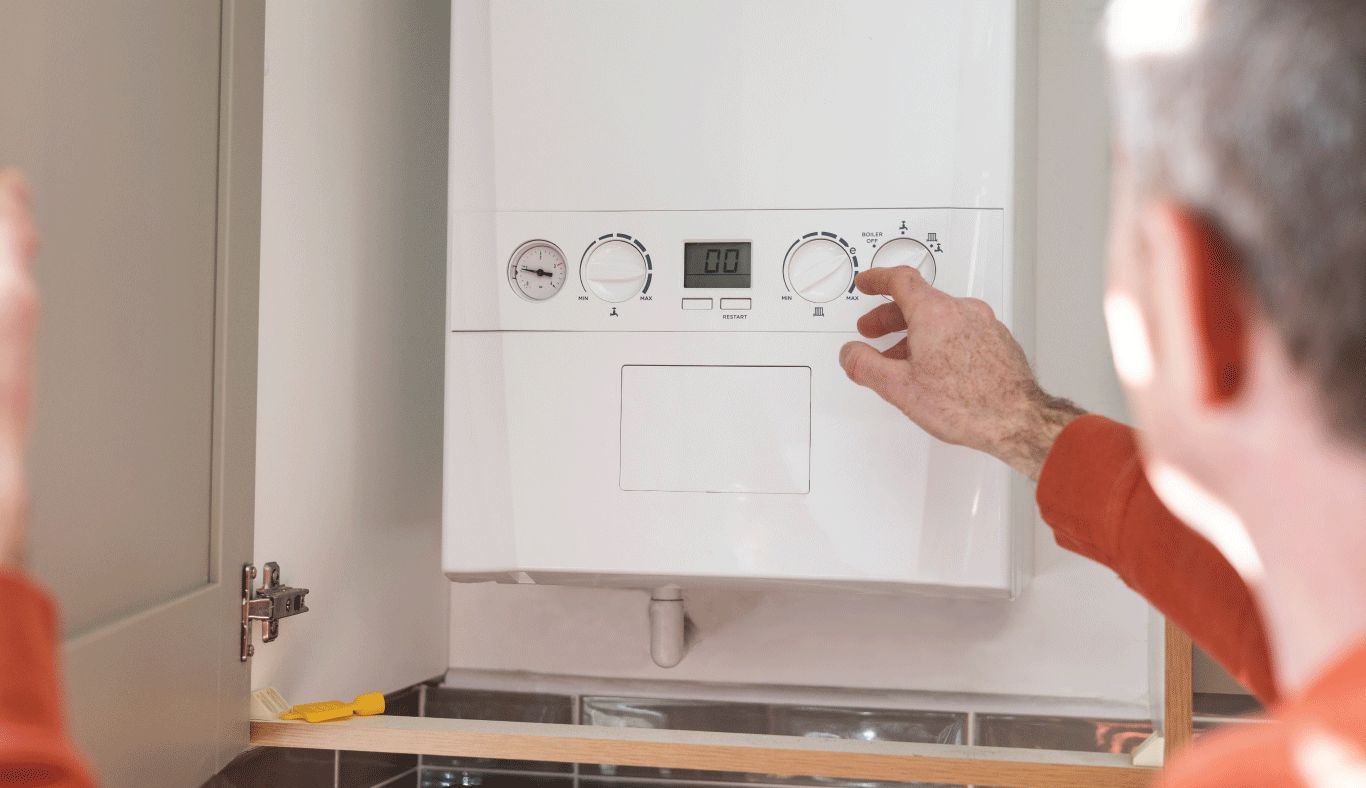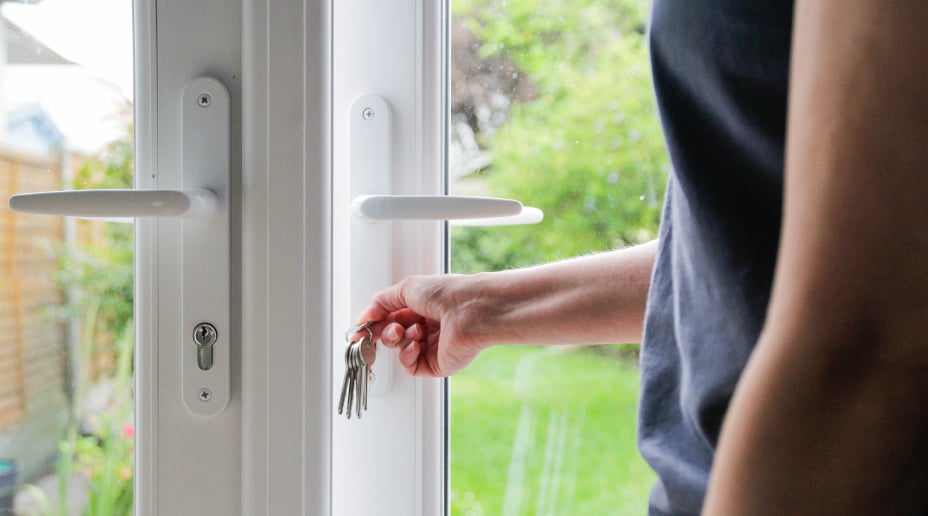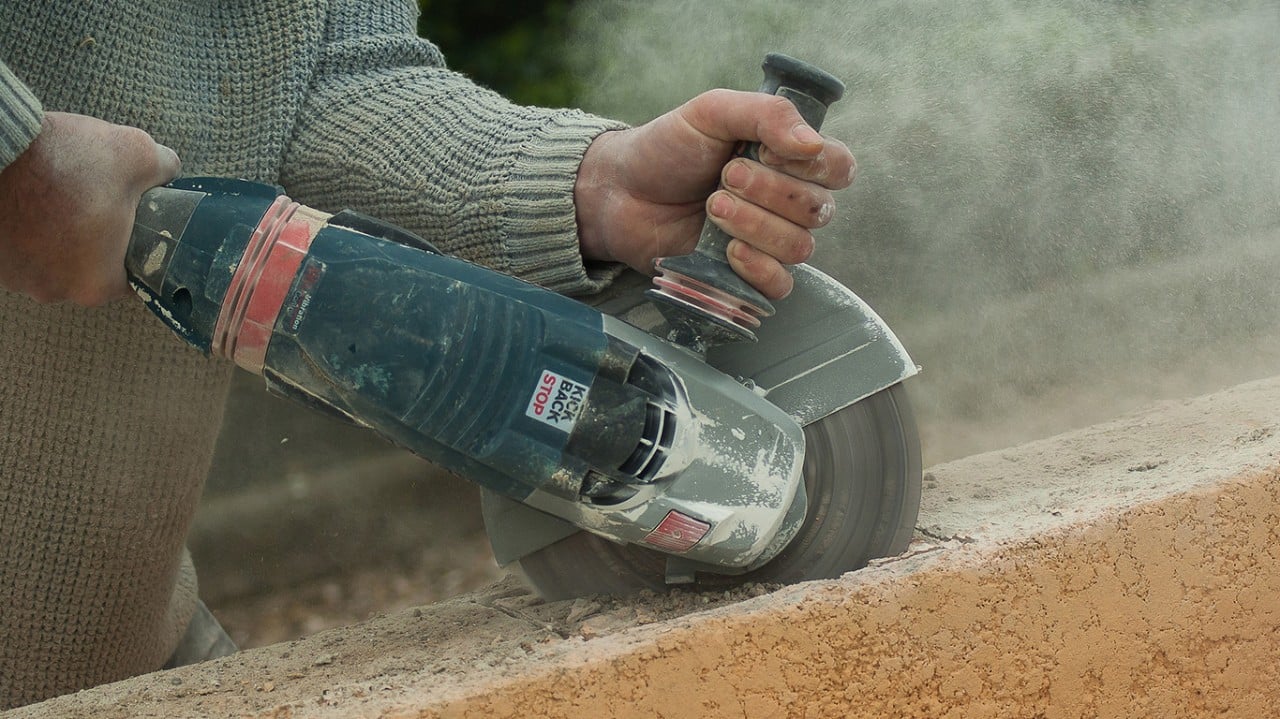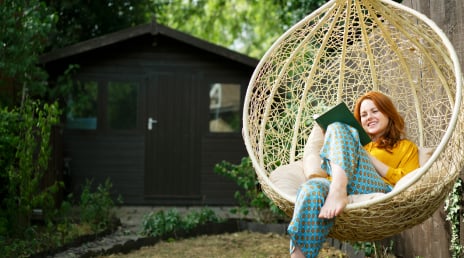Published 5 November 2025
How to save money on heating bills
Managing your energy bills can be tricky, especially as energy prices continue to climb. However, there are effective strategies to help lower your expenses.
A few simple things you can do include:
- Insulating your home.
- Making small habit changes that can help keep the heat in.
- Talk to your energy supplier about a smart meter.
Are energy prices rising?
Rising wholesale energy costs are forcing providers to pass these increases on to customers, leaving millions of UK households struggling with higher bills and in fuel poverty. The true cost of keeping a home at a safe and warm temperature can be significant, making it difficult to prepare for the winter weather.
How can I keep my house warm in winter?
Two of the most effective ways to heat your whole home are home insulation and an energy-efficient boiler.
Most boilers installed since 2005 are modern condensing models. They lose less heat than older boilers because they capture more heat from the flue (the pipes that vents exhaust gases outside). In contrast, older boilers are less efficient at retaining this heat. In either case, it’s important you know how to look after your boiler so it can operate as efficiently as possible.
Another way to reduce heating costs is to consider cavity wall insulation. This foam filling is placed between the inner and outer walls to trap heat that would otherwise escape, cutting down on roughly a third of heat loss in an uninsulated home.
Although you can expect to make back the cost of installing home insulation within a few years, the initial price of having it put in can still be in the hundreds of pounds, while a new gas boiler can cost up to £2,500.
If these costly solutions are too much for your budget right now, there are other, cheaper ways to save money on heating your home.
How can I keep a poorly insulated house warm?
Heat escaping the home can force your heating to work overtime, and result in expensive bills. If somewhere in your home feels particularly draughty, it means it’s a prime spot for heat to escape.
Here are our budget-friendly tips for keeping your home insulated:
- Place draft excluders under doors to block cold coming in from outside.
- Chimneys are mostly decorative these days, but you may be loosing heat through them. Install a chimney balloon to block it and stop warmth escaping.
- Keyhole covers and letterbox draught excluders are simple front-door installations that can instantly make your entrance hall feel cosier.
- Got a cat flap in your front door? Cover it with sheep's wool insulation or a blanket.
- If loft insulation is beyond your budget, put self-adhesive insulation strips on your loft hatch to reduce the amount of air that escapes.
Taking care of your home in winter can go a long way in making sure you’re not freezing at night.
How can I stop heat escaping through windows?
Double glazing is an expensive job, but there are other, simpler ways of limiting the amount of heat lost through your windows.
- Purchase transparent insulating film. This works similarly to double glazing by trapping a layer of air between the glass and film. It's much cheaper, easier to install and lasts the whole winter.
- Get a thick pair of curtains to help keep the warmth from escaping through windows. During the day, it's best to leave them open so your home can let in more of the sun's heat.
How can I make a room warmer?
Little touches around the home can make improvements in different rooms. So, if you’ve got a favourite spot that you want to stay cosy all year round, or if you live in a flat or small house, try these top tips:
- Bare floorboards can cause heat to escape. Put some filler between the boards and lay down rugs or blankets.
- Heat reflective tin foil behind the radiators can stop the heat escaping through the wall and reflect it back into the room.
- Install a shelf above your radiators to stop warm air rising to the ceiling.
- Move any furniture blocking your radiators. This allows warm air to travel and fill the room.
- add to the cosy feel and keep heat in by closing doors.
How can I save money on energy bills?
Alongside some minor improvements you can make around the home to save on heating, some small habit changes could see you saving on your other bills like water and electricity. Try these energy saving tips:
- Not in use? Turn it off. Whether it's the lights or devices on standby rather than switched off, turning off something when it's not in use can save you money in the long-run.
- Take shorter showers. Be mindful of the amount of time you're spending in the shower, and try to shave off a minute or two. One minute less each time could save you £7 per person, per year on water bills.
- Turn down your thermostat - just one degree down could save you £80 a year.
- Get a smart meter, many energy providers supply them for free. You can monitor household usage of your gas and electricity if you get it through the same supplier. You can adjust your energy use accordingly to save money in real time.
- Pay your bills by direct debit, pay reguarly, by month for example, on your bills tend to be cheaper than paying a bill in full when it arrives through your letterbox.
Frequently asked questions
Common sense says you should only have the heating on for periods when you're home. However, there’s an argument that a boiler going on and off throughout the day can cause condensation to collect within the walls. This makes it more difficult to retain heat within the home and could mean you’re wasting money on heating.
If you’re heading on holiday during the winter, you should leave the heating on at a bare minimum. This will prevent pipes freezing over in your home, which can cause a lot of damage and is expensive to repair. However, if you’re popping out for the day, it doesn’t make sense to heat an empty house.
Roof insulation can help you keep more heat in the home, but like cavity wall insulation or double glazing, this can be expensive.
Check out Allianz Home Insurance to make sure your home is covered this winter.
This article contains links to other sites, and we're not responsible for the contents of any of these websites.





























